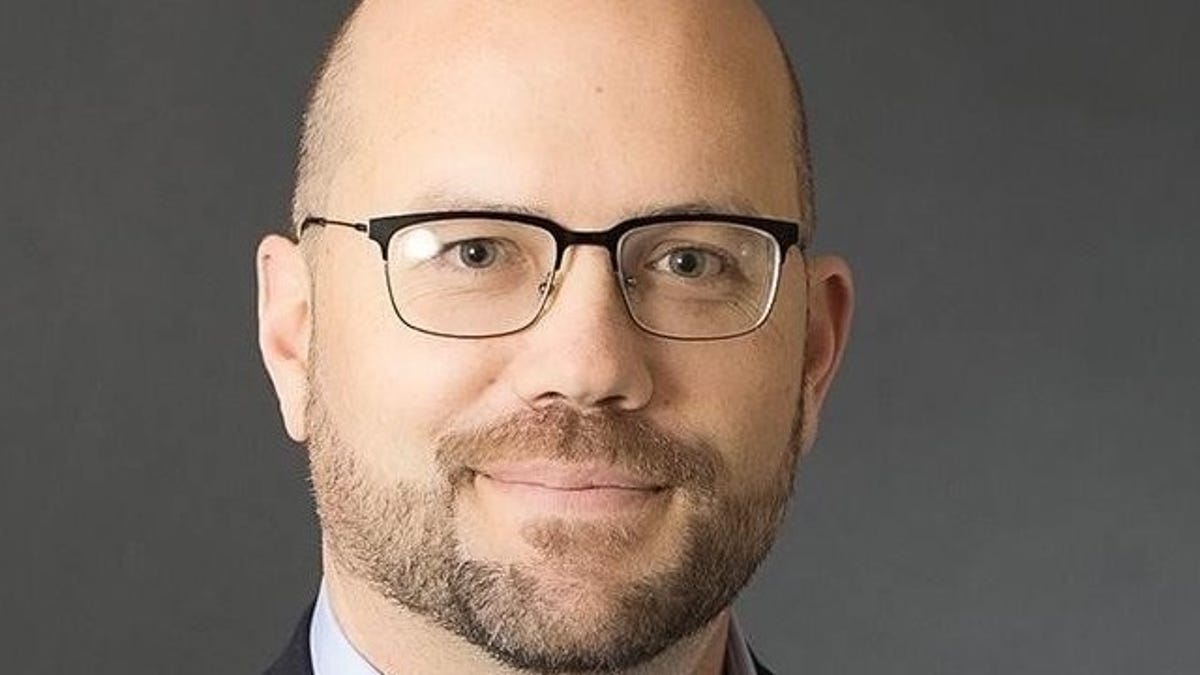
| Lansing State Journal
When analyzing Lansing’s experience with medical and adult-use cannabis legalization, the results are becoming clear. Cannabis businesses have revitalized abandoned warehouses and storefronts, boosted taxable values and are employing thousands of people. Those employees pay local income taxes to city coffers, while adult-use customers also pay excise taxes that will come back to the city.
These numerous benefits were all easily predicted by cannabis reform advocates, but how about the harmful impacts pushed by „Reefer Madness” naysayers? After two years of medical sales and almost seven months of adult-use sales, there is zero evidence to suggest their doom and gloom hysteria was based in reality.
None of the licensed businesses has been a target of or source for crime. Reports from earlier this year indicate that overall crime is down across Greater Lansing. Even when COVID-19 stay-at-home orders are factored in, if the anti-cannabis crowd’s assertions were correct, one would think that millions of dollars in increased cannabis sales would have caused some negative outcomes.
They should be happy to be so wrong.
Now that the benefits of cannabis legalization are becoming clear, city leaders need to consider what they can do to solidify Lansing’s place as a leader in one of our country’s fastest growing industries.
The first step should involve holding existing business owners accountable. The city granted limited licenses based on a scoring system that included factors like the quality of wages and benefits businesses offer. There should be an audit system in place to ensure that businesses are living up to their end of the bargain.
Second, Lansing must do more to right the wrongs of prohibition. It has been well documented that cannabis prohibition was based on racism, and Black people in this state have been 3.5 times more likely to be arrested for cannabis than their white peers. For a city that recently declared racism a public health crisis, very little has been done to make its cannabis licensing rules more equitable and inclusive. Prior arrest records, capital requirements and other financial hurdles in the local licensing process all work together to keep minorities out the cannabis industry in Lansing. We can and must do better.
More from LSJ opinion
Finally, expanding available licenses for smaller grow operations can be a win-win for the city. More small grow licenses will encourage caregivers to join the regulated market, which means more industrial property improvements along with the jobs and tax revenue that come with them. Residents who have long complained about the smell of home grow operations will also get a reprieve.
The actions our leaders take over the next few years will determine our future. Being proactive can set us on the path of becoming what Kentucky is to bourbon, with all its associated business growth, jobs and tourism.
The alternative is to sit on the sidelines, do nothing and watch our first-mover status fade away, along with the opportunities that come with it.
Ryan Basore is the owner of the Redemption Cannabis brand of adult use and medical cannabis products and The Redemption Foundation, which seeks to help lift up individuals harmed by the war on cannabis.